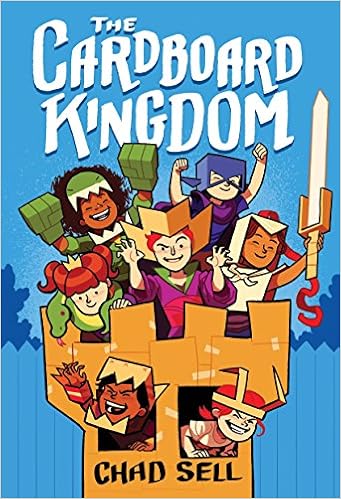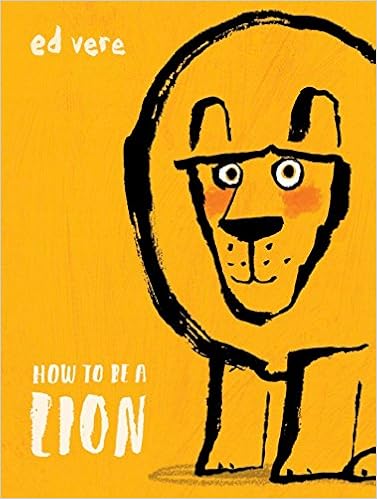Who Owns the Learning?: Preparing Students for Success in the Digital Age
by Alan November
Solution Tree (May 21, 2012)
I'm reading the Kindle Edition
"As long as you're asking what's next, you'll get there.
But never be content with where you're at."
In Chapter 3, Alan November describes the job of Student Scribe. He says that this job is "low-hanging fruit," but I'm having some trouble imagining it in my 5th grade classroom. At least the way he describes it. My students aren't typically taking notes throughout the day. But maybe they should be...in some way, shape, or (developmentally appropriate) form...
I can see the Scribe being responsible for a daily blog post for our class blog. And I like the idea that this is a place where "Every voice speaks with the same volume." The idea that the habits/skills that are a part of this job will contribute to lifelong learning and instill a sense of LEGACY in students is powerful. But was November reading my mind when he commented that part of the challenge with this job is getting past the fear of letting go of control?!? :-)
Discussion Question #3: "Do you think students will work harder on material that they prepare for that audience than they will when doing work for their teachers?"
I'm having a hard time answering this with an enthusiastic "Yes!" Blogging kind of flopped for me last year. My invitation to my students to join me in my Poetry Month project kind of flopped. My Columbus Dispatch Reader group is in the process of flopping. Where is this mystical, magical motivation? Does it have to do with audience and control? If I don't take charge, these things won't get done/get done correctly/well/on time...right? And where, exactly is this audience? As bloggers, we all know that it takes nearly as much energy to be a good audience as it does to be the ones creating the content to be consumed. I guess that's the part where I arrange for my class to partner with another class in the district (uh oh...there's that control issue again...) and/or my students link up with other classes through our Twitter feed.
Discussion Question #4: "How can teachers model sharing knowledge with a global audience?"
Easy peasy, this one. Blogging and Twitter and my Wikimedia Commons project for Poetry Month come immediately to mind. I've had photos from my Flickr photostream used (with my permission and with attribution) in a magazine and an online city guide. Just recently
this Poetry Friday poem got picked up though a key word search "high plains" by
High Plains Public Radio for their website. Got this one covered.
On the other hand, Chapter 4, Student as Researcher, was the chapter that showed me where my gaps are. I need to learn to do better Internet searches so that I can teach my students to be smarter researchers. I dipped into this a bit with my Poetry Month project. I no longer allow students to drag to their desktop any ol' image they find on any ol' Google Image search. This year, I taught my students to do an advanced image search for images that are licensed to be used/modified, and to give attribution for the image when it is used in a project. I have informally taught bits and pieces of analyzing a website and/or its address, but with the information and resources November has given me, I will be much more methodical (and informed) about this in the future!
ALL of the Discussion Questions for Chapter 4 are ones that I want to return to and reflect upon. #1--I need to teach my students to design basic and advanced searches. #2--Yes, students should be taught search strategies in every discipline. #3--How to implement the role of student researcher in my classroom needs lots of thinking and planning. #4--Designing assessment items that required students to access the web...hmm...sounds very Common Core to me. And very exciting!
So much in Chapter 4 to think about and learn about! This chapter really got me excited!
Jill Fisch (
My Primary Passion) is hosting today's conversation about WHO OWNS THE LEARNING? Thank you to her, and to Cathy (
Reflect and Refine) and Laura Komos (
Ruminate and Invigorate) for bringing us together to have these important conversations.











